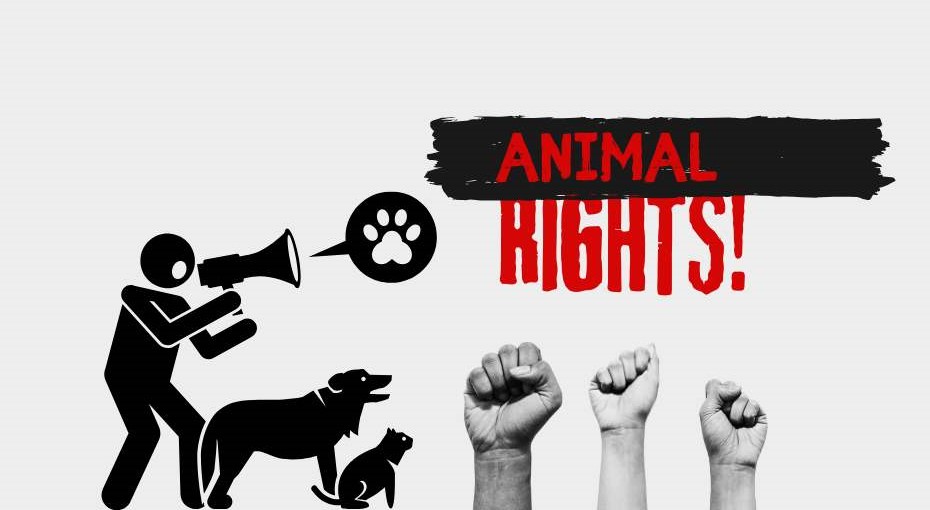In today’s society, animals are not just seen as pets or companions but also as valuable assets that contribute to the well-being of individuals. Across the globe, countries like Canada have recognised the immense benefits that animals can bring to people’s lives, leading to the implementation of various interventions and services that utilise animals as service animals. These specially trained animals assist individuals who are visually impaired or experiencing psychiatric episodes, providing them with the guidance, comfort, support, and independence they need to navigate their daily lives.
https://www.ncbi.nlm.nih.gov/pmc/articles/PMC6563823/
These therapy assistance animals have proven to be instrumental in improving the mental health and overall quality of life for many people, according to a Service Dog Pilot study conducted by the Government of Canada.
As an animal lover and advocate, I was honoured to witness first-hand, while travelling earlier this year in Canada, the remarkable bond that animals and their owners share. One of the things that stood out to me was dogs having visitation rights to see their owners when they are hospitalised, and also designated seats allocated for individuals travelling with their furry companions on buses. How the laws of Canada stand for these furry companions is in stark contrast to the situation in Jamaica. However, while some Jamaicans may share a deep love for animals, the lack of education and stringent animal protection laws contributes to a less favourable environment for our beloved companions.
In a heart-warming display of love and devotion, Mr Peter Perry, Director of Perry’s Funeral Home in Spanish Town, organised a touching tribute for his faithful furry companion, Ringo, who passed away. Mr Perry shared that the dog acted like a security guard after closing hours, patrolling the premises. The ceremony, held on 23 May 2022, drew attention to the profound impact animals have on human lives, when Mr Perry shared with a heavy heart, “He was a regular mongrel, but trust me, it was these dogs who made me realise how loyal animals can be.” The public tribute not only honoured his memory, but also serves as a testament to the fact that pets can play an integral role in our lives, providing companionship, loyalty, and unconditional love.
https://jamaica-star.com/article/news/20220524/funeral-home-owner%E2%80%99s-dog-gets-fancy-burial
The Jamaica Society for the Prevention of Cruelty to Animals (JSPCA), in collaboration with several veterinarians across the island, has been pushing to get the government to amend the Cruelty to Animals Act. Last amended in 1995, the outdated legislation fails to adequately protect animals in Jamaica. Recognising the urgency of this issue, the JSPCA strives to bring attention to the importance of animal welfare and the need for government intervention.
https://jis.gov.jm/local-vets-appeal-modern-animal-protection-legislation/
https://jamaica-star.com/article/news/20200819/animal-rights-group-furious-painting-dogs
On 28 March 2023, the Ministry of Health, along with several institutions in the animal care industry, launched the Animal Assisted Recovery and Care (AARC) programme at the Bustamante Children’s Hospital. This initiative aims to provide comfort, support, and therapeutic assistance to paediatric patients during their recovery process. Dr Christopher Tufton, the Minister of Health & Wellness, expressed that the AARC “would also serve as a means to promote the humane treatment of animals.”
The AARC programme is a step closer to recognising the well-being of animals and their positive impact on individuals’ recovery and overall quality of life. This initiative serves as a reminder of the importance of protecting animals. So, what is stopping the government from doing what needs to be done to amend the Cruelty to Animals Act?
Many might argue that the government should not waste resources and time trying to protect animals when humans are being harmed in Jamaica. But if animals can be used to serve and protect, why shouldn’t they be protected?

